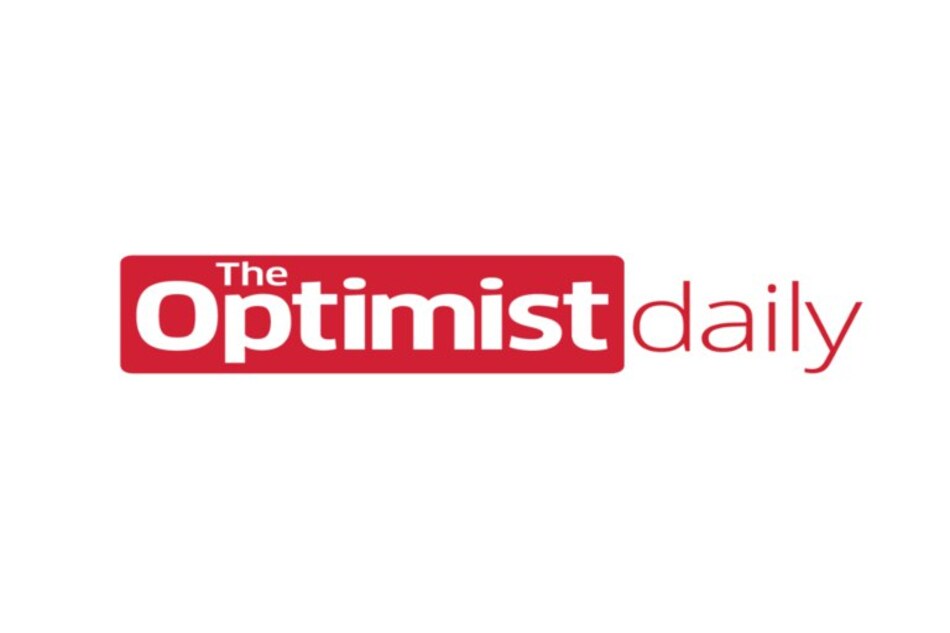When Henrietta Lacks sought treatment for cervical cancer at Johns Hopkins Hospital in Baltimore in the 1950s, her cancer cells were harvested without her consent. These “HeLa cells” became the first sample of human cells to divide indefinitely in a lab, providing the basis for life-changing medical breakthroughs, but the World Health Organisation (WHO) has just this week honored Lacks for her role in the discovery.
“WHO acknowledges the importance of reckoning with past scientific injustices, and advancing racial equity in health and science,” said Director-General Tedros Adhanom Ghebreyesus. “It’s also an opportunity to recognize women – particularly women of color – who have made incredible but often unseen contributions to medical science.”
One of the breakthroughs developed with Lacks’ cells is the modern HPV vaccine, which protects against a range of cancers, including cervical cancer. Despite the development of this vaccine, Black women still contract and die of cervical cancer at a disproportionate rate. The exploitation of Lacks’ cells in the 1950s is an example of the mistreatment and discrimination people of color continue to face in medicine. Despite their widespread use, Lacks’ family only learned that their relative’s cells were instrumental in modern medicine in the 1970s.
According to WHO, over 50,000,000 metric tonnes of HeLa cells have been distributed around the world since their collection. In addition to cervical cancer treatments, they have also been used in therapies for the polio vaccine and drugs for HIV/AIDS, hemophilia, leukemia, and Parkinson’s disease. Lacks died of cervical cancer in 1951, but the award was accepted on her behalf by her eldest son, 87-year-old Lawrence Lacks. Accepting his mother’s recognition, Lawrence Lacks said, “My mother was a pioneer in life, giving back to her community, helping others live a better life, and caring for others. In death, she continues to help the world. Her legacy lives on in us and we thank you for saying her name – Henrietta Lacks.”
This story is part of our ‘Best of 2021’ series highlighting our top solutions from the year. Today we’re featuring health solutions.










